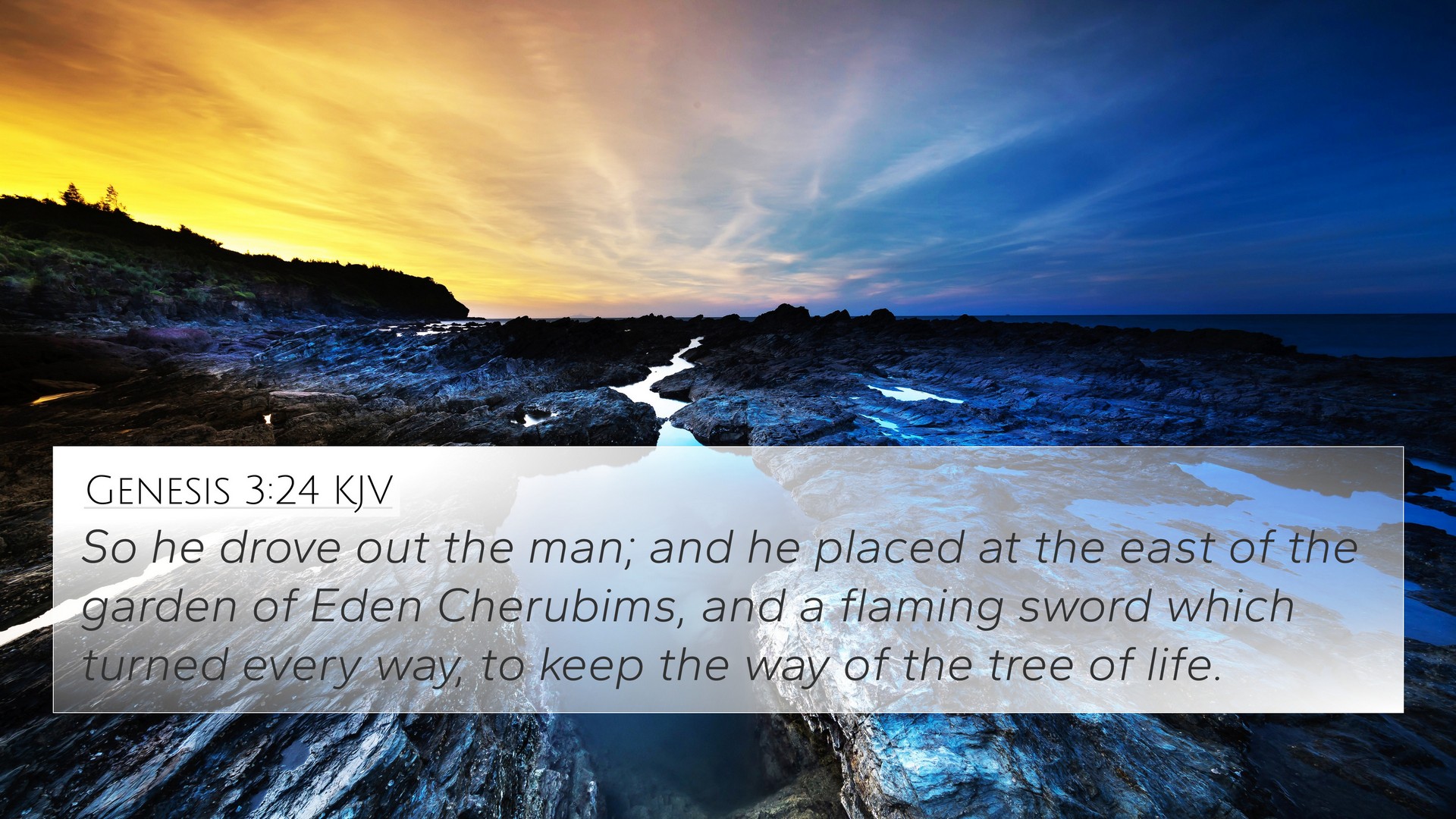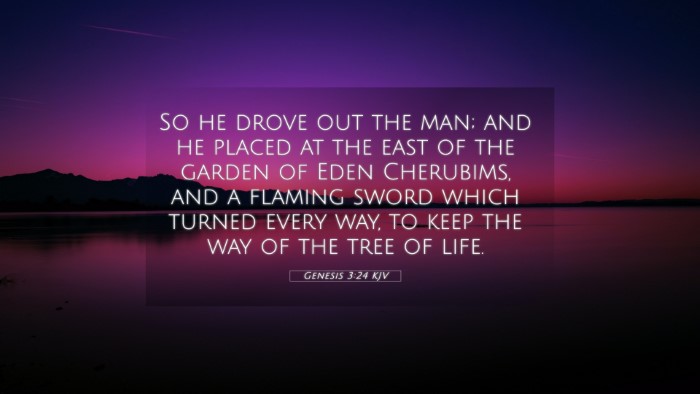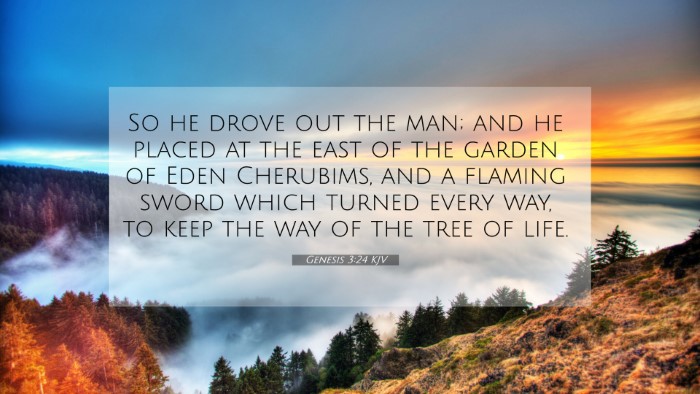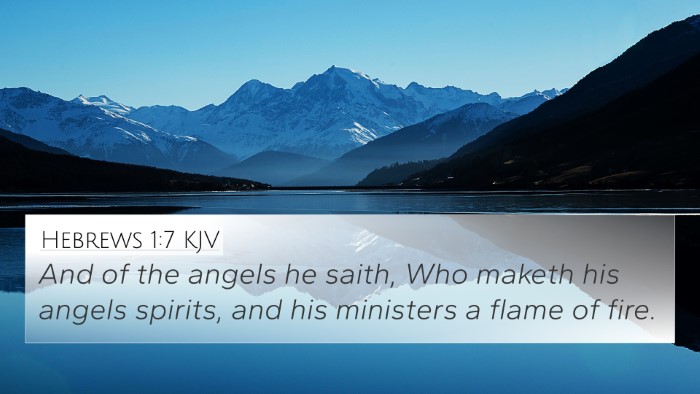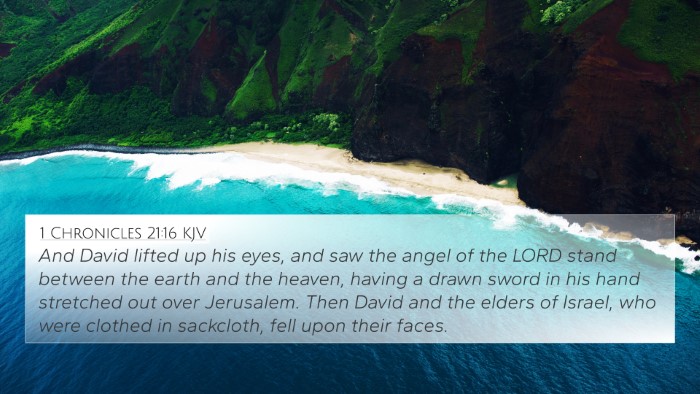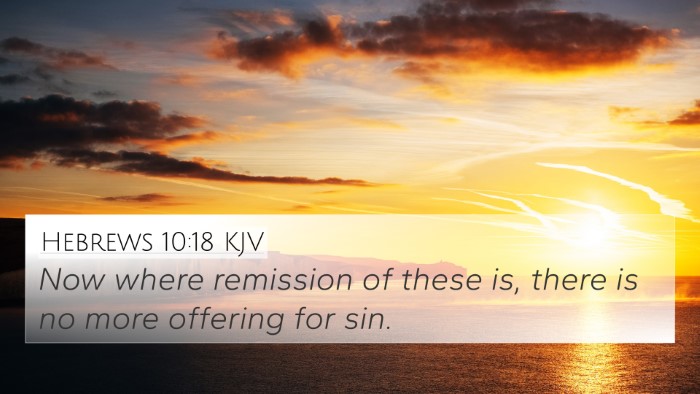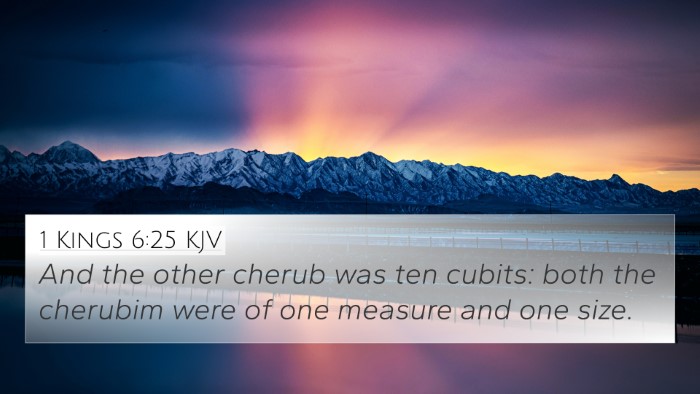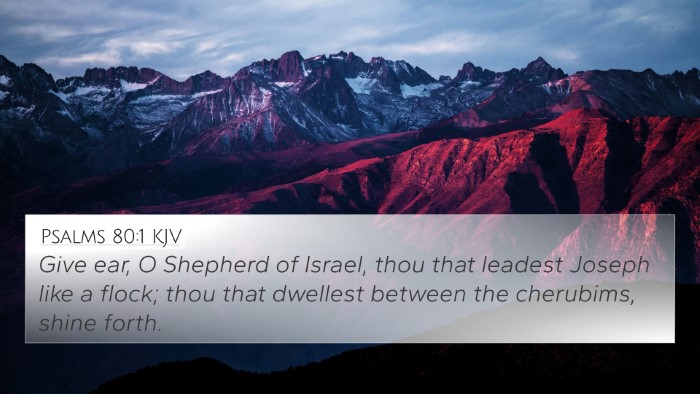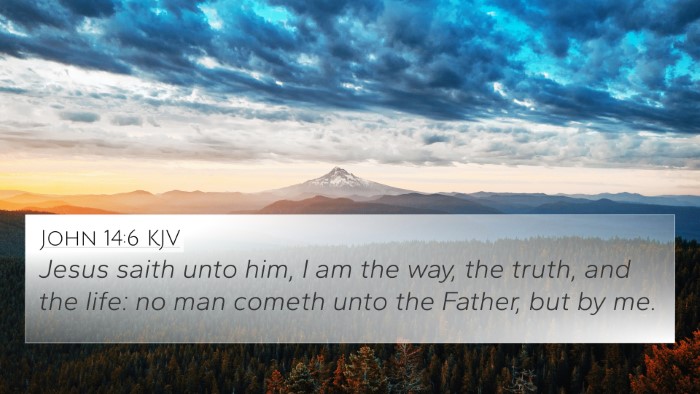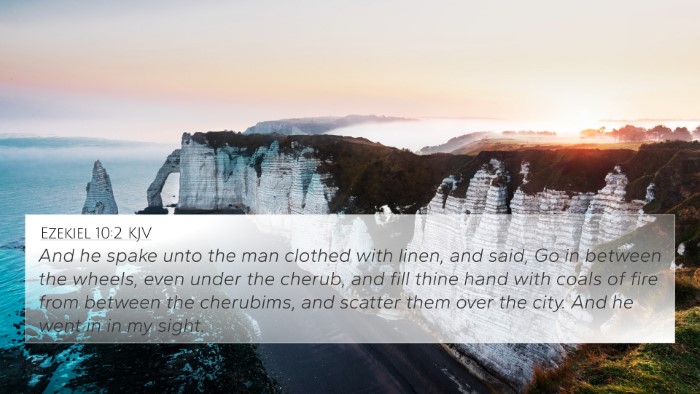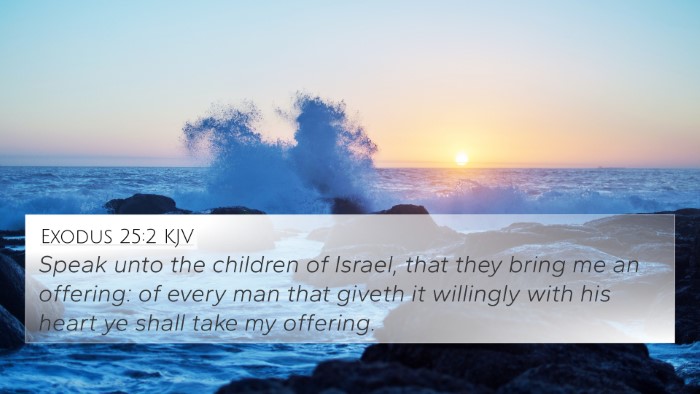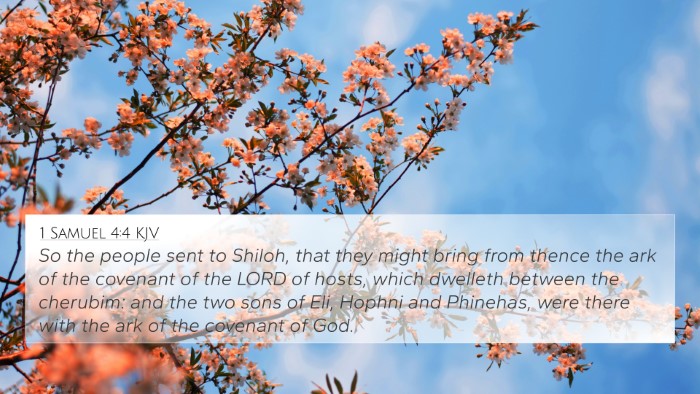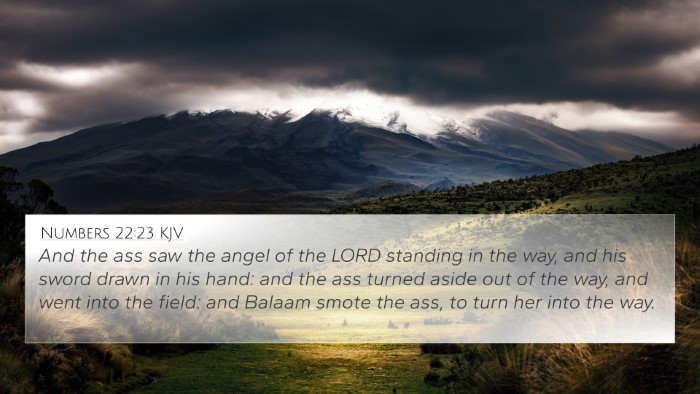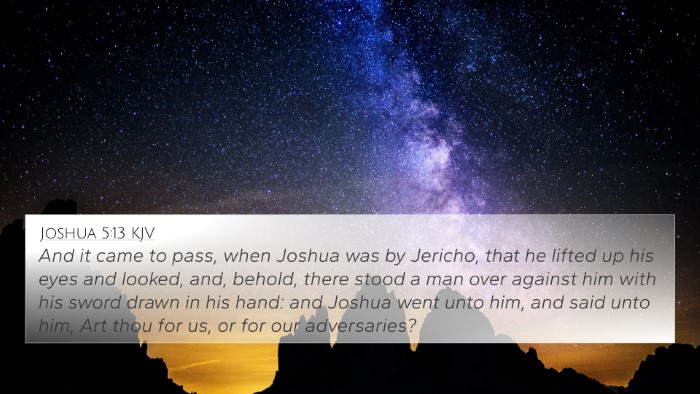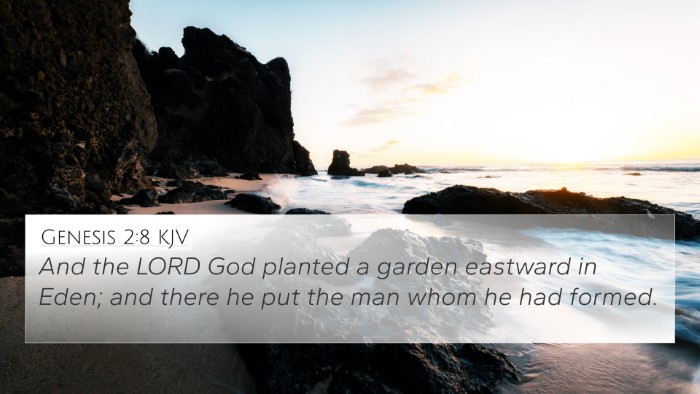Understanding Genesis 3:24
The verse Genesis 3:24 states:
"So he drove out the man; and he placed at the east of the garden of Eden Cherubims, and a flaming sword which turned every way, to keep the way of the tree of life."
Summary of Genesis 3:24
In Genesis 3:24, we see the profound consequence of Adam and Eve's disobedience to God's command. The expulsion from the Garden of Eden encapsulates both the loss of paradise and the severance of humanity's intimate relationship with God.
Commentary Insights
-
Matthew Henry:
Matthew Henry emphasizes the judgment that befell Adam and Eve following their transgression. The removal from the garden was not merely a punishment, but a protective measure by God to prevent them from accessing the tree of life in a state of sin. Henry notes that the cherubim and the flaming sword symbolize divine presence and justice, guarding the sacred space.
-
Albert Barnes:
Barnes elaborates on the implications of the cherubim being placed at the east of the garden, indicating a barrier to the way of life. He suggests that the cherubim represent God's holiness and the necessity for mediation in the presence of God, highlighting the themes of separation and atonement that permeate the Bible.
-
Adam Clarke:
Clarke discusses the nature of the flaming sword, which he interprets as a symbol of God's unyielding holiness. He suggests that it signifies the end of direct communion with God for humankind, representing the consequences of sin that lead to death and separation from life. Clarke's insights remind readers of the need for redemption.
Thematic Connections
This verse is integral to the larger narrative of Genesis and the Bible as a whole, calling attention to several themes, including:
- Loss of innocence
- The consequences of sin
- Divine justice
- The need for salvation
Cross-References
Here are several Bible verses that relate closely to Genesis 3:24, providing deeper insights through cross-referencing Biblical texts:
- Genesis 2:16-17: God's command about the tree of knowledge.
- Isaiah 59:2: The separation caused by sin.
- Revelation 22:14: Access to the tree of life in the new heaven.
- Romans 5:12: Sin entered the world through Adam.
- Hebrews 10:19-20: Access to God through Christ’s sacrifice.
- Matthew 26:28: Christ's blood, the new covenant for the forgiveness of sins.
- 2 Corinthians 5:17: Being a new creation in Christ, contrasting the old state of sin.
- Psalms 51:10: A plea for renewal and restoration of the heart.
- John 14:6: Jesus as the way, the truth, and the life.
- Galatians 3:13: Redemption from the curse of the law through Christ.
Conclusion
Genesis 3:24 serves as a critical turning point in Scripture, illustrating the gravity of disobedience and the need for reconciliation with God. Through the insights of Matthew Henry, Albert Barnes, and Adam Clarke, along with thematic Bible verse connections, this passage illustrates both judgment and the eventual hope of restoration found in Jesus Christ. Understanding these connections and the implications of this verse can enhance one's study and prayer life.
Tools for Bible Cross-Referencing
Engaging with tools for Bible cross-referencing, such as a bible concordance or bible reference resources, can greatly aid in understanding how verses relate to each other. These tools help in identifying connections between the Old and New Testaments, facilitating a deeper understanding of scriptural themes.
FAQs
-
What verses are related to Genesis 3:24?
Related verses include Genesis 2:16-17, Isaiah 59:2, Revelation 22:14, and others mentioned above.
-
How do Genesis 3:24 and Romans 5:12 connect?
This connection highlights the entrance of sin into the world through Adam, resulting in widespread consequences for humanity.
-
What does the flaming sword represent in Genesis 3:24?
The flaming sword symbolizes God's holiness and the protection of the tree of life from sinful humanity.
